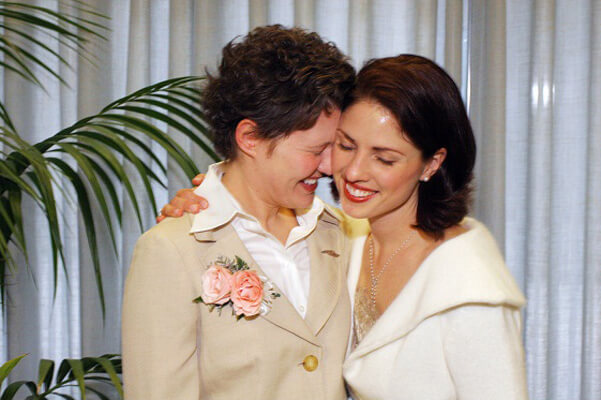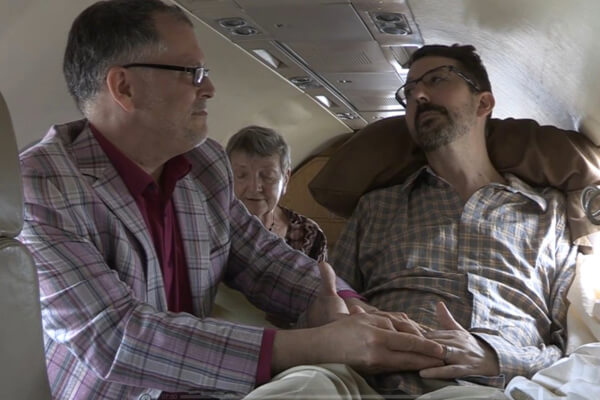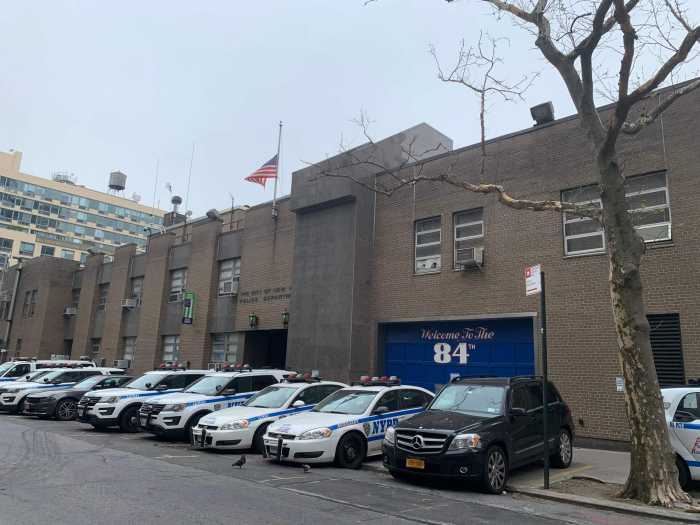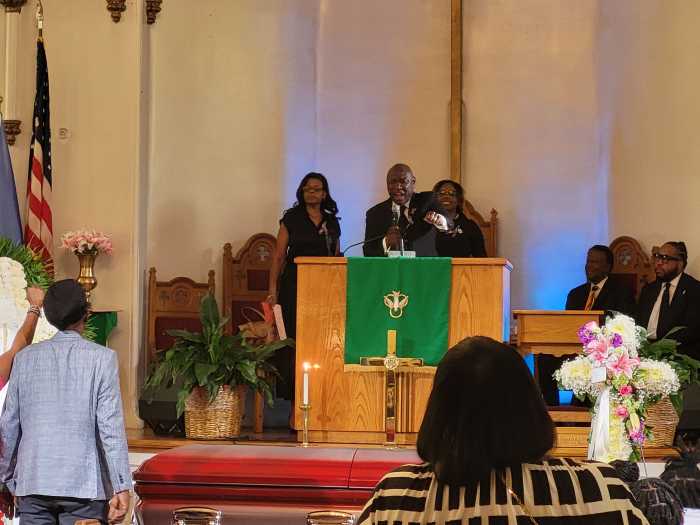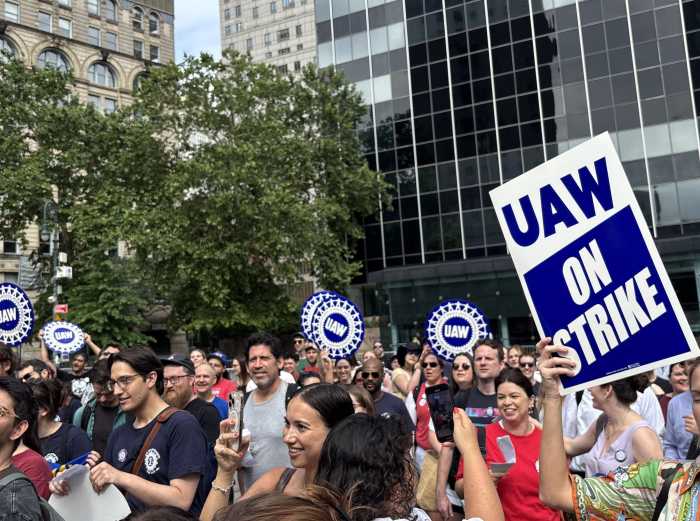Eight years ago,on November 9, 2010, Edith Windsor sued the US government in the Southern District of New York for discriminating against her in not allowing her to claim the federal estate tax exemption given to widows when inheriting from their deceased spouses. Although she had been lawfully married under New York Law to her late spouse, Thea Spyer, the Defense of Marriage Act (DOMA) did not recognize her union at the federal level.
After a three-year battle, the Supreme Court struck down DOMA as unconstitutional and afforded same-sex couples all federally recognized marital rights. This monumental decision meant that same-sex couples could now petition for Legal Permanent Resident (LPR) status for their families.
Since immigration law is federal law, US citizens and Legal Permanent Residents in same-sex relationships, until the 2013 decision in Windsor, were barred from petitioning for status for certain relatives. It is important to recognize that since the repeal of DOMA, all Americans can petition for the status of their spouses, stepchildren, and fiancées using the following criteria:
Spouse of a US Citizen: A US citizen with a same-sex spouse is now eligible to petition for their spouse’s LPR status. The only requirement is that the couple be legally married in the jurisdiction where the ceremony took place. The spouse can enter the US with a valid immigrant visa after interviewing at the local consulate, receiving their Green Card shortly after arrival. If the foreign national spouse is already present in the US, they can petition domestically through US Citizenships and Immigration Services (USCIS). This includes the ability to apply for work as well as travel authorization allowing them to leave and re-enter the US while their interview is pending.
Spouse of a Legal Permanent Resident: Green Card holders with same-sex spouses can also petition for their spouse’s LPR status. The same process applies in which the foreign spouse interviews at the local consulate for an immigrant visa. However, the difference between this and being a US Citizen sponsor is that the foreign national spouse may only interview while in the US if they can prove that they are legally present throughout the entire duration of the process.
Stepchild of a US Citizen: The US citizen stepparent may also petition for the natural or adopted children (under 21 years of age) of their same-sex foreign spouses, as long as the couple were married before the child’s 18th birthday.
Stepchild of a Legal Permanent Resident: The LPR stepparent can also petition for the natural or adopted children (under 21 years of age) of their same-sex foreign spouses, but the foreign stepchild must be lawfully present in the US throughout the entire process.
Fiancée of a US Citizen: A US citizen may petition for their same-sex foreign national fiancée to enter the US in order to be married within 90 days of entry. Once legally married, the foreign national spouse may apply for LPR status. This includes the benefits of remaining in the US during the process, and receiving work and travel authorization to leave the US while the Green Card is pending.
Pablo G. Velez is a managing attorney at Velez & Cipriano, PLLC, which practices in areas of immigration and naturalization, business, and insurance law.


